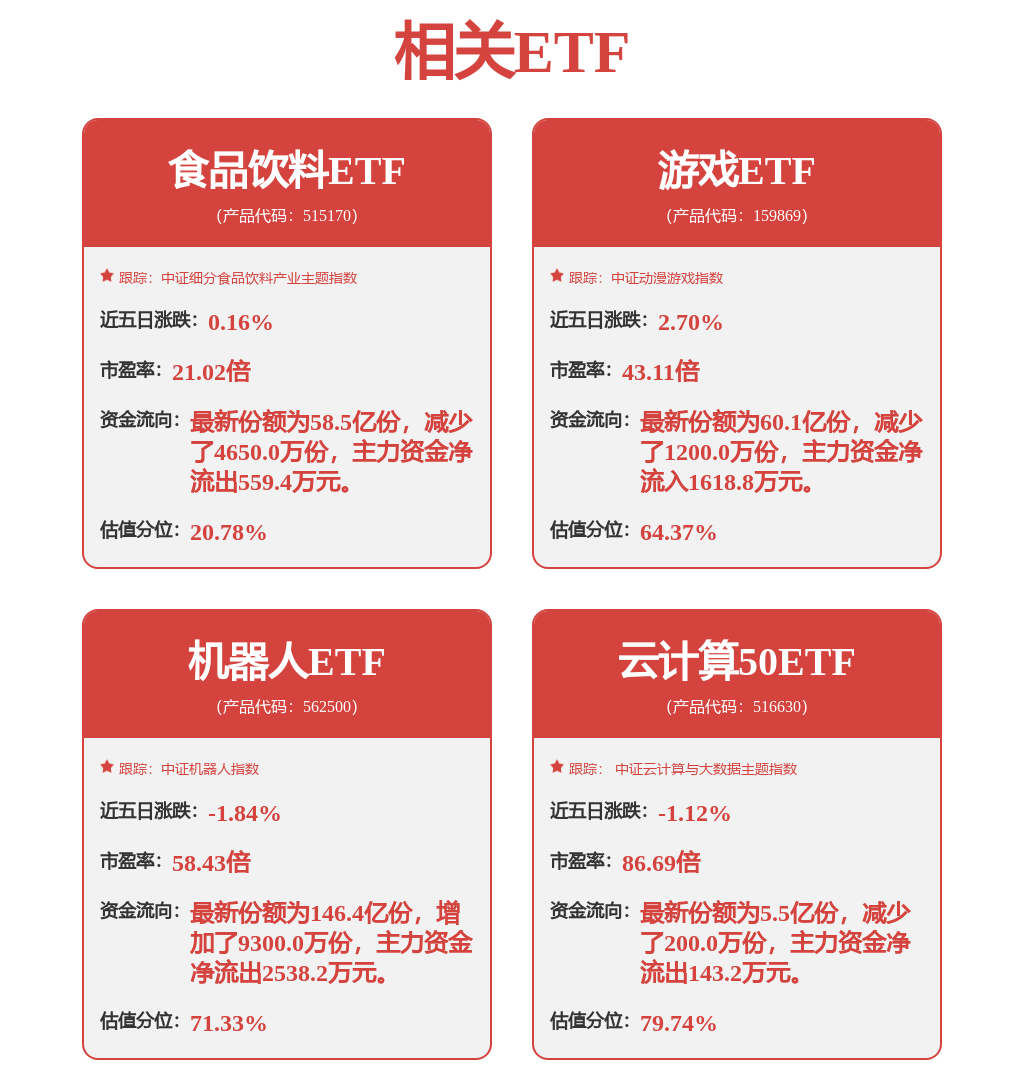ASP.NET MVC 5
ASP.NET MVC 5
ASP.NET MVC 5 is a framework for building scalable, standards-based web applications using well-established design patterns and the power of ASP.NET and the .NET Framework. It installs side-by-side with ASP.NET MVC 4, so get started using it today!
Get Visual Studio Web Express 2013 + Cloud for Free
or install Visual Studio 2013 Community for free

Or, for Visual Studio 2012
What's New in ASP.NET MVC 5
One ASP.NET
The Web MVC project templates integrate seamlessly with the new One ASP.NET
experience. You can customize your MVC project and configure authentication
using the One ASP.NET project creation wizard. An introductory tutorial to
ASP.NET MVC 5 can be found at
Getting Started with ASP.NET MVC 5.
For information on upgrading MVC 4 projects to MVC 5, see How to Upgrade an ASP.NET MVC 4 and Web API Project to ASP.NET MVC 5 and Web API 2.
ASP.NET Identity
The MVC project templates have been updated to use ASP.NET Identity for authentication and identity management. A tutorial featuring Facebook
and Google authentication and the new membership API can be found at
Create an ASP.NET MVC 5 App with Facebook and Google OAuth2 and OpenID Sign-on
and Deploy a Secure ASP.NET MVC app with Membership, OAuth, and SQL Database to
a Windows Azure Web Site.
Bootstrap
The MVC project template has been updated to use Bootstrap to provide a sleek and responsive look and feel
that you can easily customize. For more information, see
Bootstrap in the Visual Studio 2013 web project templates
.
Authentication filters
Authentication filters are a new kind of filter in ASP.NET MVC that run prior to authorization filters in the ASP.NET MVC pipeline and allow you to specify authentication logic per-action, per-controller, or globally for all controllers. Authentication filters process credentials in the request and provide a corresponding principal. Authentication filters can also add authentication challenges in response to unauthorized requests.
See ASP.NET MVC
5 Authentication Filters,
Authentication Filters in ASP.NET MVC 5 and
Finally the new ASP.NET MVC 5 Authentication Filters!.
Filter overrides
You can now override which filters apply to a given action method or controller by specifying an
override filter. Override filters specify a set of filter types that should not be run for a given scope (action or controller). This allows you to configure filters that apply globally but then exclude certain global filters from applying to specific actions or controllers.
See
New Filter Overrides feature in ASP.NET MVC 5 and ASP.NET Web API 2,
How to use the ASP.NET MVC 5 Filter Overrides Feature, and Filter
Overrides in ASP.NET MVC 5
Attribute routing
ASP.NET MVC now supports
attribute routing, thanks to a contribution by Tim McCall, the author of
http://http://www.zjjv.com//. With
attribute routing you can specify your routes by annotating your actions and
controllers.
New Web Project Experience
We have enhanced the experience of creating new web projects in Visual Studio 2013. In the
New ASP.NET Web Project dialog you can select the project type
you want, configure any combination of technologies (Web Forms, MVC, Web API),
configure authentication options, and add a unit test project.

The new dialog enables you to change the default authentication options for
many of the templates. For example, when you create an ASP.NET Web Forms project
you can select any of the following options:
No Authentication
Individual User Accounts
(ASP.NET membership or social provider log in)
Organizational Accounts
(Active Directory in an internet application)
Windows Authentication (Active Directory in an intranet application)

For more information about the new process for creating web projects, see
Creating ASP.NET Web Projects in Visual Studio 2013. For more
information about the new authentication options, see
ASP.NET Identity.
ASP.NET Scaffolding
ASP.NET Scaffolding is a code generation framework for ASP.NET Web applications. It makes it easy to add boilerplate code to your project that interacts with a data model.
In previous versions of Visual Studio, scaffolding was limited to ASP.NET MVC projects.
With Visual Studio 2013, you can now use scaffolding for any ASP.NET project, including Web Forms. Visual Studio 2013 does not currently support generating pages for a Web Forms project, but you can still use scaffolding with Web Forms by adding MVC dependencies to the project. Support for generating pages for Web Forms will be added in a future update.
When using scaffolding, we ensure that all required dependencies are installed in the project.
For example, if you start with an ASP.NET Web Forms project and then use scaffolding to add a Web API Controller,
the required NuGet packages and references are added to your project automatically.
To add MVC scaffolding to a
Web Forms project, add a New Scaffolded Item and select MVC 5 Dependencies in the dialog window. There are two options for scaffolding MVC; Minimal and Full. If you select Minimal,
only the NuGet packages and references for ASP.NET MVC are added to your project. If you select
the Full option, the Minimal dependencies are added, as well as the required content files for an MVC project.
Support for scaffolding async controllers uses the new async features from Entity Framework 6.
For more information and tutorials, see ASP.NET Scaffolding Overview.
Getting Help and Reporting Issues
Upgrading from ASP.NET MVC 4
See
How to Upgrade an ASP.NET MVC 4 and Web API Project to ASP.NET
MVC 5 and Web API 2




